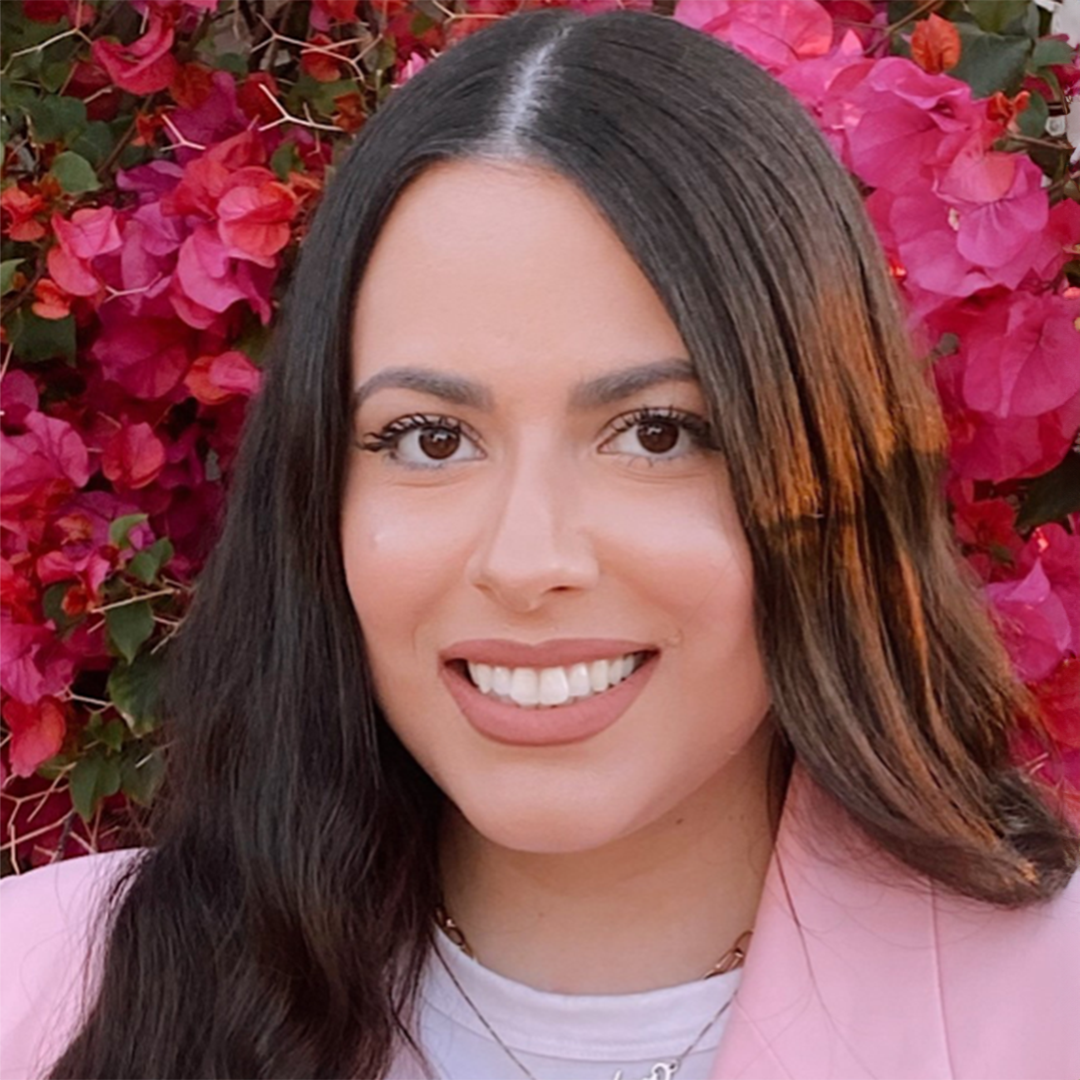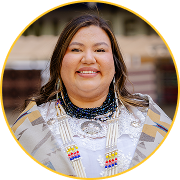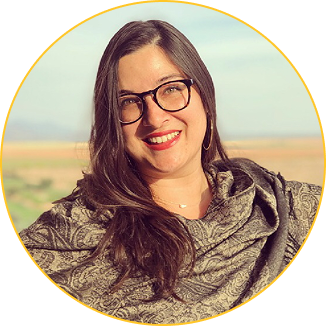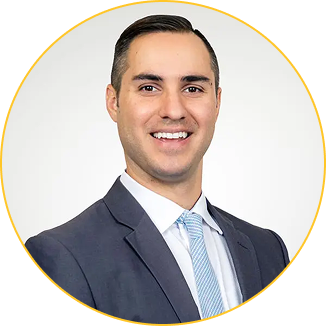Experiential learning for practical skills representing clients in state, federal, tribal and international venues
The Indian Legal Clinic provides law students with the unique opportunity to represent clients in various civil and criminal matters in Tribal, state and federal courts. Participating in the Clinic allows students to become familiar with Tribal Law and Federal Indian Law, as well as gain meaningful exposure to a variety of legal matters while providing high-quality legal services to Tribal Nations and individuals. Clinic students routinely handle criminal matters in Tribal courts, represent clients in a variety of legal matters and assist in Tribal legal development projects such as Tribal code drafting for Tribal governments and Tribal court rule drafting for Tribal courts. Additionally, the Clinic frequently represents individual Tribal members in civil actions, and devotes significant attention to federal policy issues affecting Tribes, such as federal recognition and voting rights.




